The issue of Palestine is hugely contentious and debates on the subject tend to be heavily polarised and heated. For that reason, it can seem difficult to engage with the issue in the first place – particularly if you feel that you aren’t well versed in the history and politics of the Middle East. Years of being told that the issue of Palestine is highly complex have dissuaded huge proportions of the population from taking a stand and have given legitimacy to the occupation. We would argue that the issue is, at its core, one of basic humanity, and does not require extensive study.
However, the historical plight of the Palestinian people is one of the least understood, yet worst historical injustices in the world, and there are hundreds of years of history underlying what is going on this month. While the moral question underlying the Israel/ Palestine ‘debate’ is a simple one, its history is not. That is where this reading list comes in. The following books will help you deepen your understanding of the cataclysmic situation facing Palestinians in Gaza today. So often, the most powerful first step we can take is to educate ourselves.
In no particular order, this reading list contains a range of fiction and non-fiction literature focusing on Palestine, including historical, political and some deeply personal accounts, with an emphasis on highlighting the work of Palestinian authors. The list starts at the beginning, delving into the colonial history that shaped the Middle East as it exists today. It goes on to trace the experiences of Palestinians over the course of the last century until the present, including fiction and poetry reflecting on the Palestinian experience, and culminating in powerful calls for change, analysis of how the world is failing Palestine, and arguments for how we can all be part of the solution.
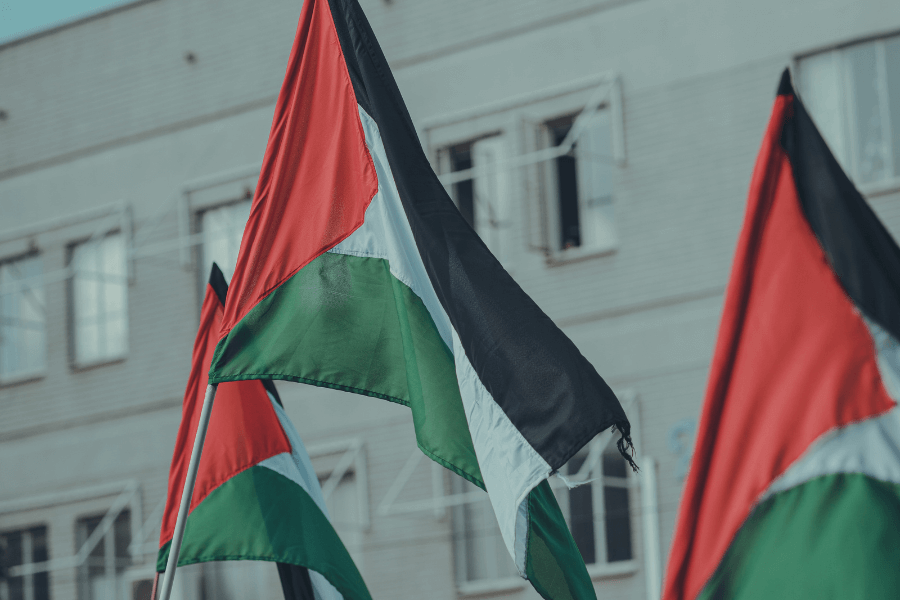
The links in this article will take you to Bookshop.org, an online bookseller which supports independent bookshops. We have deliberately avoided providing links through Amazon, which is a key company being boycotted as part of the BDS movement. None of the links in this post are affiliate links.
A Four Thousand Year History | Nur Masalha
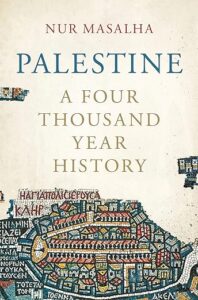
This expansive work by leading Palestinian historian and academic Nur Masalha takes us on a sweeping journey through the rich and winding history of Palestine from the Bronze Age to the bloodshed of the modern day, via the Romans and the Ottomans. A strident and indisputable refutation of attempts to silence Palestinian history.
Orientalism | Edward Said
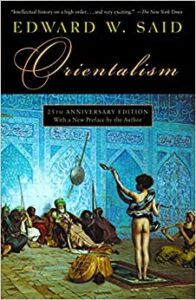
This seminal work by Palestinian scholar Edward Said shows how the history of colonialism in the Middle East has given rise to an exoticized and misleading – or what he calls orientalist – perception of Arabs. Drawing on his own experience as a Palestinian in the West, Said explores how racism, imperialism and othering has come to shape how the (Western) world understands and interacts with the Middle East, and particularly his homeland, Palestine.
A Line in the Sand | James Barr
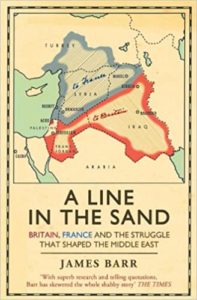
A Line in the Sand provides a fascinating historical account of how the British and the French colonial powers divided the Middle East between them in the wake of the First World War. It explains why the geographical borders that exist in the region today have proven so contentious and why nation states in the region often do not represent those living under their authority. This book is essential reading for those seeking to understand why the Middle East has become a region plagued by conflict, and the root of the identity politics that have led to violence across much of the region.
The Hundred Years’ War on Palestine: A History of Settler Colonial Conquest and Resistance | Rashid I. Khalidi
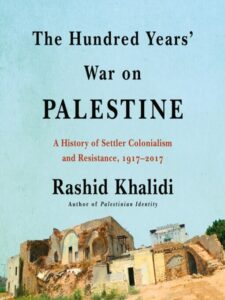
In this rich scholarly account, Khalidi draws on his own family archives to reclaim the right of the Palestinian people to narrate their own history. He moves through the key moments of the twentieth century, from the establishment of the state of Israel to the Nakba (the Catastrophe) during which 700,000 Palestinians were forced to flee their homes during the 1948 war. He goes on to cover in detail the subsequent years of occupation and siege, weaving in voices from across Palestinian society to tell their own story.
I Saw Ramallah | Mourid Barghouti
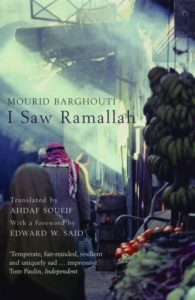
Mourid Barghouti left Ramallah for university in Cairo at the age of 22, a year before the 1967 war. I Saw Ramallah is the personal account of the author’s return to his home city after thirty years of being denied entry into his homeland. This moving account of his homecoming shows the scars that war, occupation and exile have left behind on his city, his people and his own identity. If you can read in Arabic, the original version (رأيت رام الله) is also widely available, including online.
Men In The Sun and Other Palestinian Stories | Ghassan Kanafani
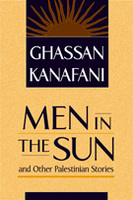
This collection of short stories by Palestinian writer and activist Ghassan Kanafani is a deep and moving exploration of the themes of masculinity, exile, loss and dispossession in Palestine and in the communities displaced during the Nakba. The principal novella in the collection, Men In the Sun, tells the story of three Palestinian men living in a refugee camp in Iraq as they attempt to make it to Kuwait where the oil boom promises employment.
While working as the spokesperson for the PLFP (the Popular Front for the Liberation of Palestine), Kanafani was assassinated by Mossad in the wake of the 1972 attack on Lod Airport by the Japanese Red Army.
Where the Line is Drawn: Crossing Boundaries in Occupied Palestine | Raja Shehadeh
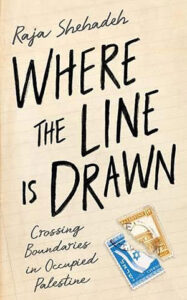
In this informative account, Raja Shehadeh shares the realities of life under occupation in Palestine. Shehadeh grew up wondering what lay over the border, later going on to become a lawyer working to halt land seizures and promote justice in his country. He also questions the sense of intractability of the conflict, exploring the relationships that exist between those living on either side of the border.
The Way to the Spring: Life and Death in Palestine | Ben Ehrenreich
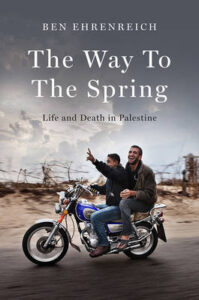
The Way to the Spring is a beautifully written journalist’s account of daily life in the West Bank. It outlines the historical, economic and structural factors that sustain the suffering of the Palestinian people, while effectively capturing the frustrations and absurdities of daily life. As well as being a fantastic resource on life in the West Bank, Ehrenreich’s book is also an inspiring story of the daily acts of courage, resistance and persistence that characterise the families living under Israeli occupation, even in the face of seemingly endless struggle.
I Shall Not Hate: A Gaza Doctor’s Journey on the Road to Peace and Human Dignity | Izzeldin Abuelaish
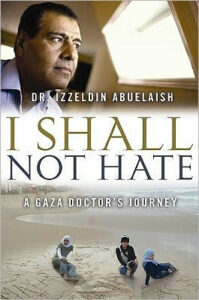
I Shall Not Hate is the inspiring and heart-wrenching true story of a Palestinian doctor, born in a refugee camp in the Gaza Strip. Abuelaish lives in Gaza but treats people on both sides of the border with Israel. In 2009 his three daughters were killed by Israeli shelling during Israel’s incursion into the Gaza Strip. Yet despite the devastation of his loss, Abuelaish is determined that their sacrifice will be the last, and that the way forward is peace.
Rifqa | Mohammed El-Kurd
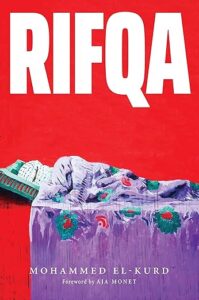
The debut collection from Palestinian poet and activist Mohammed El-Kurd is a must-read. Named for his grandmother, who was older than the state of Israel, his searing poems follow the story of her life, from her forced expulsion from Haifa during the Nakba, to her family’s threatened home in Sheikh Jarrah.
Hollow Land: Israel’s Architecture of Occupation | Eyal Weizman
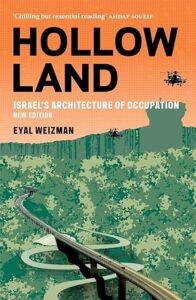
This fascinating book by Eyal Weizman, British Israeli architect, professor, and director of Forensic Architecture, lays bare the architecture itself of the Israeli occupation. Weizman demonstrates how Israel has carefully and painstakingly constructed an architecture of control, weaponizing the built environment to reinforce and perpetuate the oppression of Palestinians.
Justice for Some: Law and the Question of Palestine | Noura Erakat
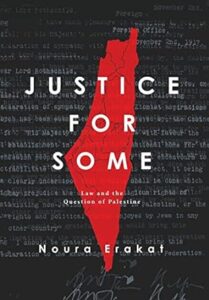
As a human rights lawyer, a professor, an activist, and a proud Palestinian, Noura Erakat uses her expertise to eloquently and methodically explore the legal dimensions of the Israeli occupation of Palestine. Her work explores the strategic use and adaptation of international law by Israel and its allies to allow the occupation to continue and to allow the state of Israel to commit violence against Palestinians with impunity. From the Balfour Declaration to Israel’s continued use of the legal concept of ‘sovereign exception’, Erakat’s book explores how the question of Palestine has been carefully framed as a legal anomaly in order to deprive Palestinians of legal protections. She also analyses the use of international law by Palestinians, and the opportunities for change based on law which have foundered in recent decades. This is a key text which highlights how international law can be wielded both to protect and liberate, and to justify unconscionable violence.
Salt Houses | Hala Alyan
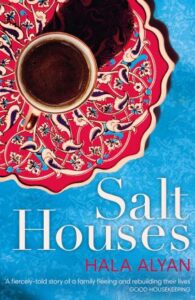
Hala Alyan’s moving novel is a story of displacement, told through the eyes of one Palestinian family forced by war and occupation to build their lives away from home, first in Nablus, then in Kuwait, then Lebanon, Europe and America. The book, which poignantly explores themes of identity and belonging, is a story love, loss, and the inter-generational trauma created by war, oppression and displacement.
You Exist Too Much | Zaina Arafat
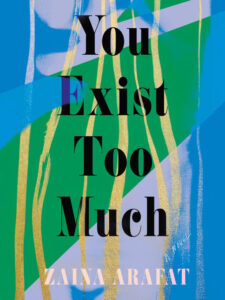
Zaina Arafat’s fearless novel tells the story of a Palestinian-American girl navigating love, addiction and queerness. The narrative flashes between the US and the Middle East as the protagonist grapples with the complexities of her cultural, religious and sexual identity. It powerfully illustrates the search many Palestinians unwillingly find themselves on for a sense of belonging and a place to call home.
Palestine: A Socialist Introduction | Sumaya Awad and Brian Bean
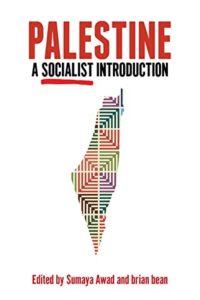
In this remarkable book, Sumaya Awad and Brian Bean offer a socialist perspective on the Palestinian struggle for liberation, exploring the links with other movements for self-determination elsewhere in the world and sharing lessons for organisers and activists. They argue that, in order to achieve justice in Palestine, the movement must also address the question of socialism regionally and internationally.
Freedom is a Constant Struggle: Ferguson, Palestine, and the Foundations of a Movement | Angela Y. Davis
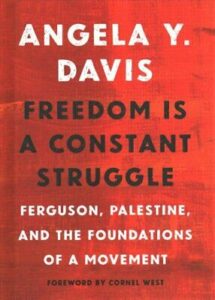
In this powerful book, activist and Black Power icon Angel Davis highlights the connections between the movements that have struggled against oppression and state violence throughout history, emphasising the Palestinian struggle. The book is a call to action, making the case for intersectionality and challenging the reader to imagine – and create – a future where humans everywhere can be free.
Except for Palestine: The Limits of Progressive Politics | M. Plitnick & M. L. Hill
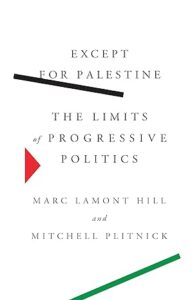
Except for Palestine was co-authored by Israel and Palestine scholar Mitchell Plitnick and political commentator Marc Lamont Hill, who was fired by CNN in 2018 after giving a speech at the UN calling for Palestinian human rights and a free Palestine. This book takes an incisive look at the seeming paradox of liberal Westerners who espouse progressive ideals on other issues but refuse to extend those ideals to Palestinians. It explores this phenomenon in connection with the conflation of criticism of the Israeli state with anti-Semitism and the impact of US policy on the continuing occupation. A fascinating read.
If you have your own reading recommendations, we’d love to hear them! Leave a comment below sharing your top books and resources on Palestine.
For more on Palestine, see these articles:
7 Essential Films about Palestine
Identity & Resistance: Wafa Ghnaim And Her Work With Tatreez

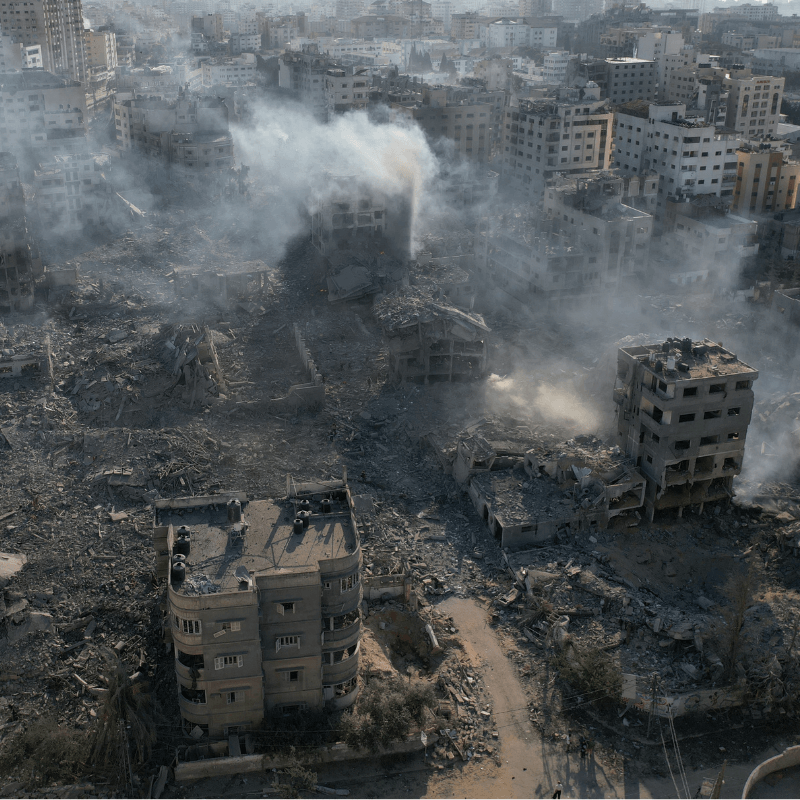
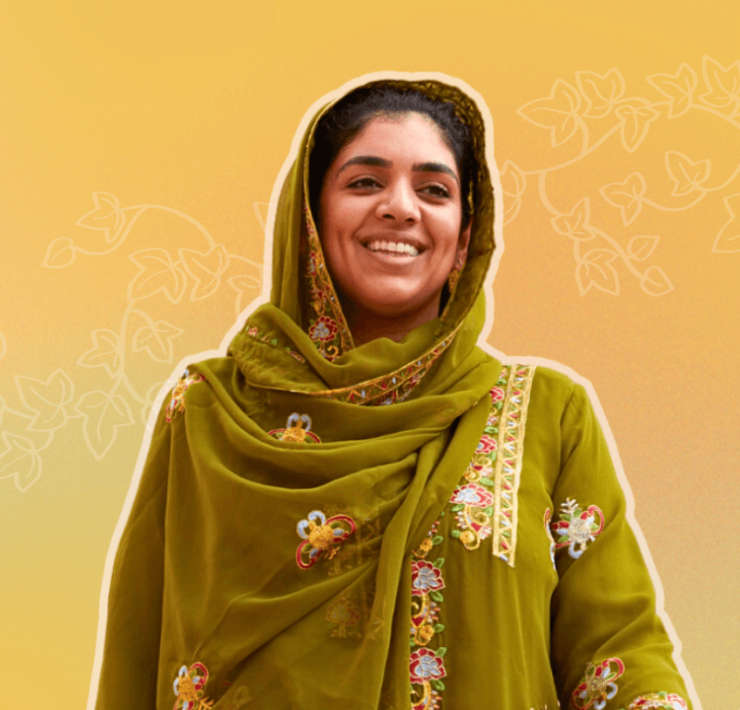

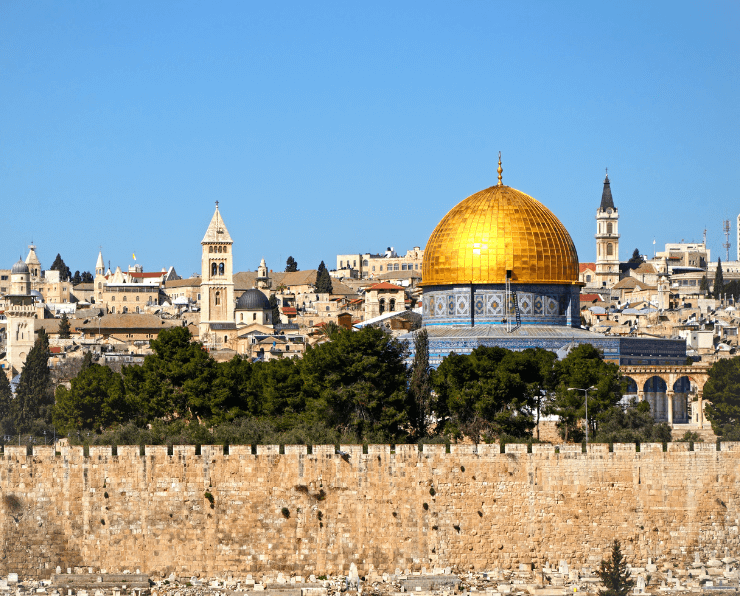
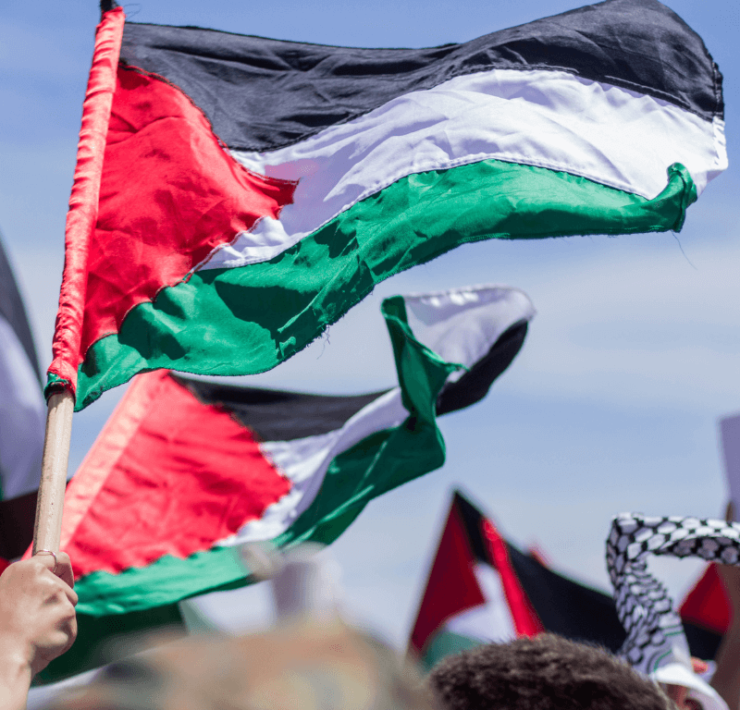

Ilan Pappe – The Ethnic Cleansing of Palestine.
A well researched background to how Zionism planned for the expulsion of Palestinians from the start of the 19th Century. Sources include Israeli Government archives, and autobiographies and diaries of the leaders. Fascinating, but grim.
Gate of the Sun by Elias Khoury. Exceptional novel about Palestinians.